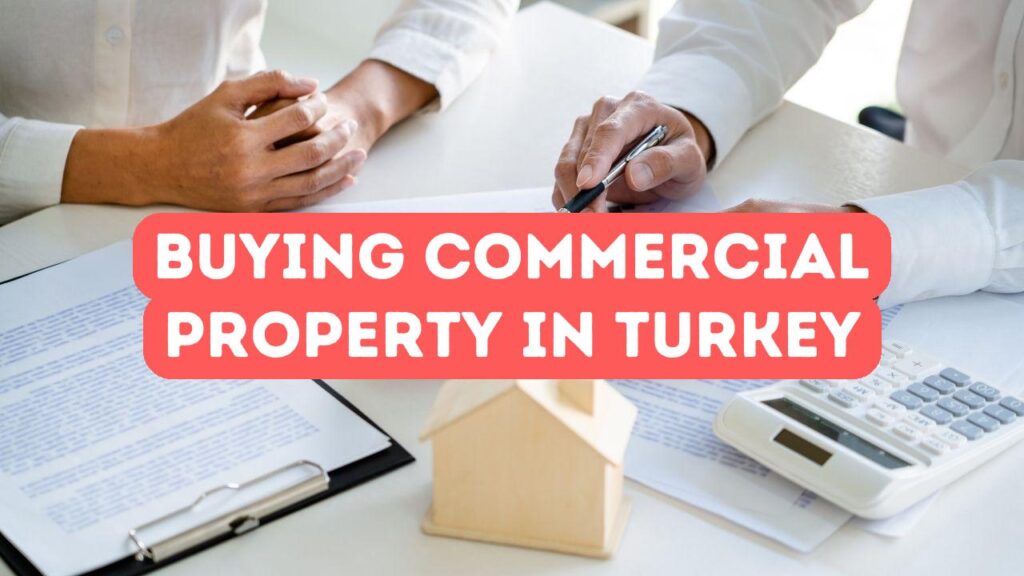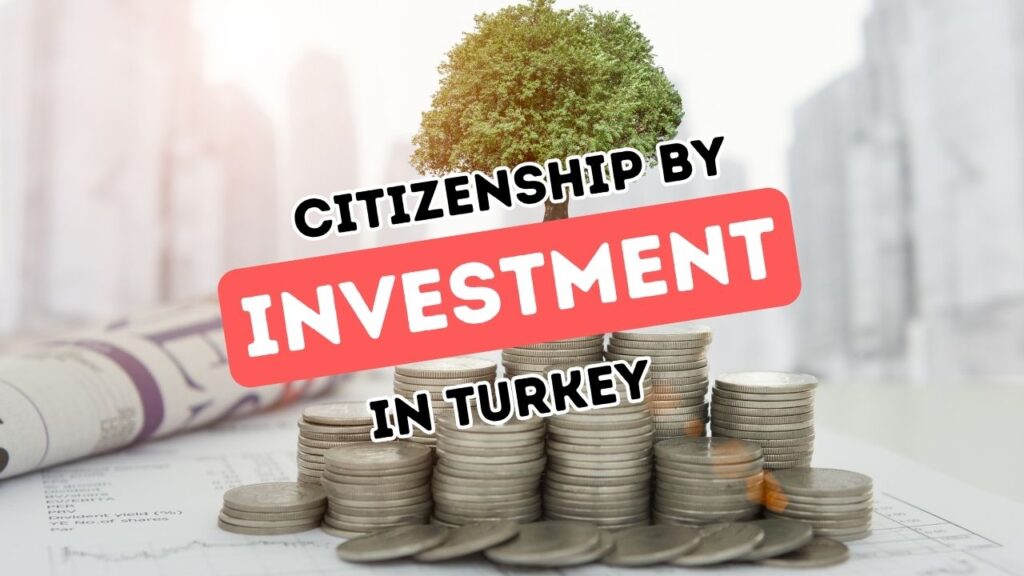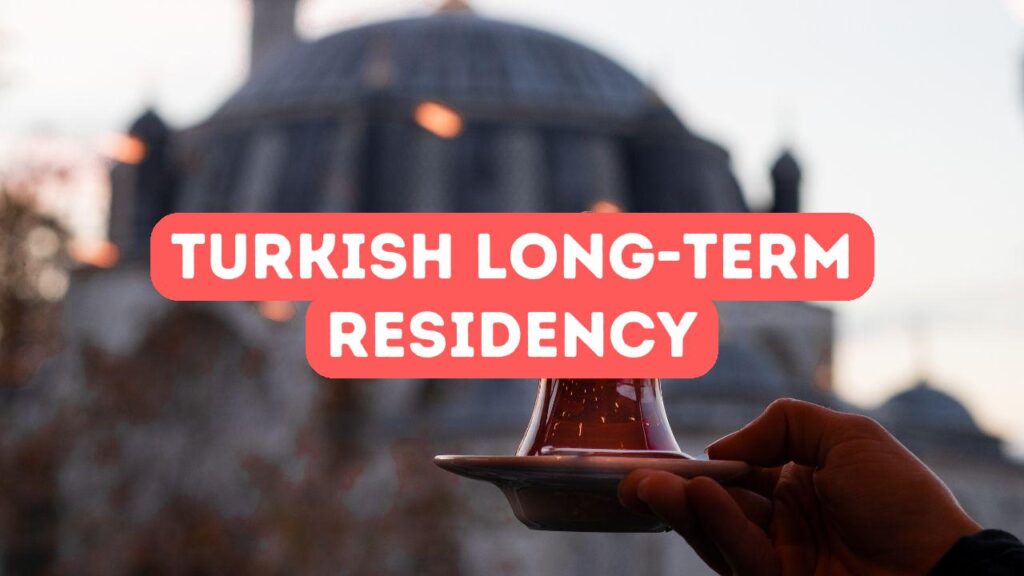Navigating the intricate process of purchasing commercial property in Turkey can offer lucrative opportunities, yet it requires a comprehensive understanding of the country’s legal and financial landscape. At Gordion Partners, we specialize in providing expert guidance tailored to the unique needs of foreign investors seeking to capitalize on Turkey’s dynamic real estate market. Our team of seasoned professionals is adept at navigating the complexities of commercial property transactions, ensuring that our clients are equipped with the knowledge and support necessary to make informed and strategic decisions. In this article, we will elucidate the key steps and considerations involved in acquiring commercial property in Turkey, empowering you to embark on this promising investment journey with confidence and clarity.
Legal Framework and Regulations for Foreign Investors
Understanding the legal framework and regulations for foreign investors is a crucial first step when buying commercial property in Turkey. Turkish law allows foreign individuals and companies to acquire property, with certain restrictions based on nationality and location. For instance, properties in military zones and certain rural areas are off-limits to foreign buyers. Additionally, the process includes obtaining a Title Deed Registry from the local land registry office and an evaluation report, confirming the property’s value. At Gordion Partners, we ensure our clients comprehend these nuances and comply with all legal requisites, thus facilitating a smooth and transparent transaction.
Foreign investors must also be aware of the reciprocal agreement policies that Turkey maintains with other countries, which can affect property rights and purchase permissions. Additionally, the acquisition process involves fulfilling specific documentation requirements, including obtaining a tax number, opening a Turkish bank account, and securing a potential buyer’s application through the General Directorate of Land Registry and Cadastre. Navigating these stipulations can be complex, but with Gordion Partners, clients receive personalized guidance to manage all prerequisites efficiently. Our expertise ensures that every step, from initial research to final purchase, aligns with Turkish regulations, safeguarding investments from legal complications.
Moreover, understanding taxation is pivotal to making an informed commercial property investment in Turkey. Foreign investors are subject to various taxes, including Value Added Tax (VAT), real estate transfer tax, and annual property tax. The VAT can vary depending on the type of property and its usage, while the transfer tax is typically calculated as a percentage of the property’s declared value. Furthermore, meeting the deadlines for these taxes and submitting the necessary declarations are essential to avoid penalties. At Gordion Partners, we provide comprehensive tax advisory services to help our clients navigate these obligations seamlessly. Our goal is to optimize the financial aspects of your investment, ensuring compliance with Turkish tax laws while maximizing your profitability.
Potential Returns and Investment Strategies
Investing in commercial property in Turkey can yield significant returns, driven by the country’s robust economic growth and strategic location at the crossroads of Europe and Asia. Key metropolitan areas such as Istanbul, Ankara, and Izmir present diverse opportunities, from office buildings to retail spaces and industrial facilities. By leveraging expert advisory services like those offered by Gordion Partners, investors can identify high-potential assets and implement strategic investment plans that maximize profitability. Whether through rental income, property appreciation, or redevelopment projects, understanding market trends and making data-driven decisions are crucial for optimizing investment outcomes in Turkey’s dynamic commercial real estate sector.
When considering commercial property in Turkey, it’s important to conduct thorough due diligence to mitigate risks and ensure sustainable returns. Legal intricacies, zoning regulations, and market dynamics vary significantly across different regions and property types. Gordion Partners provides comprehensive support, from initial market analysis and legal checks to negotiation and acquisition, ensuring that every aspect of the investment process is meticulously managed. Our advisors are well-versed in local regulations and have established relationships with key stakeholders, enabling us to navigate potential hurdles effectively. By partnering with Gordion Partners, investors can gain a competitive edge and confidently pursue high-yield commercial property investments in Turkey.
Furthermore, understanding the long-term potential and trends within specific sectors is vital for formulating successful investment strategies in Turkey’s commercial property market. For example, the burgeoning tech industry in cities like Istanbul is driving demand for modern office spaces, while Turkey’s growing tourism sector fuels the need for hospitality and retail properties. By aligning investments with these sector-specific trends, investors can position themselves to capitalize on emergent opportunities. At Gordion Partners, we provide detailed market forecasts and strategic insights tailored to the individual goals of our clients, ensuring that both short-term gains and long-term growth are achievable. Whether you are interested in high-yield rental properties or developmental projects, our expertise enables you to make calculated investments with confidence, optimizing returns in Turkey’s evolving real estate landscape.
Step-by-Step Guide to Acquiring Commercial Real Estate
The first step in acquiring commercial real estate in Turkey is conducting comprehensive market research. This involves analyzing various locations to assess their potential for business growth and return on investment. Understanding local market trends, demand-supply dynamics, and future development plans is crucial. Consulting with real estate advisors, like Gordion Partners, can provide valuable insights and up-to-date information, ensuring that you make an informed choice tailored to your investment goals. Additionally, it’s essential to consider factors such as infrastructure, accessibility, and the economic environment of the regions under consideration to maximize your investment’s success.
Once you have conducted thorough market research and identified promising locations, the next step is due diligence and legal verification. This critical phase involves a detailed examination of the property’s legal status, checking for any encumbrances, mortgages, or legal disputes that may affect ownership. It’s essential to verify the property’s zoning and land use regulations to ensure it aligns with your business objectives. Collaborating with legal experts and real estate consultants, such as those at Gordion Partners, can streamline this process, providing you with reliable due diligence support. Ensuring all legal documents are in order and confirming the legitimacy of the property’s title will safeguard against potential legal complications, securing your investment’s integrity.
After completing market research and due diligence, the final step is to negotiate and finalize the purchase agreement. This stage encompasses agreeing on the purchase price, terms of payment, and any contingencies that need to be addressed before closing the deal. Effective negotiation involves understanding the fair market value of the property, which can be facilitated by working with experienced consultants like Gordion Partners who can provide a comprehensive property valuation. Once terms are finalized, the contract is drafted and reviewed, ensuring compliance with Turkish laws and regulations. Secure financing, if needed, through reputable financial institutions familiar with the Turkish real estate market. Finally, a notary and authorized translator will be involved in the formal signing of the deed, culminating in the official transfer of ownership and the successful acquisition of your commercial property in Turkey.






